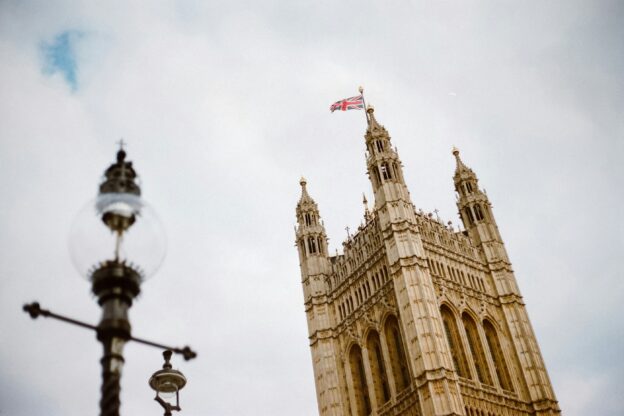Smoking remains one of the leading causes of preventable deaths in the UK, with over 200,000 smoking-related deaths each year. With the Tobacco and Vapes Bill currently undergoing its legislative stages in Parliament, carving a clear direction of travel for the future of smoking in the UK, businesses have a unique opportunity to align with the government’s public health ambitions and unlock a wealth of new opportunities as part of the national push to reduce smoking rates.
The landmark bill aims introduce a smoke-free generation by banning the sale of tobacco products to anyone born on or after 1 January 2009, meaning affected individuals will never be legally able to purchase a cigarette. While some argue that this is a ‘nanny state’ intrusion into personal freedoms, the main provisions of the bill have long been discussed and were first trailed by the previous Conservative government. There is therefore a consensus across parliament that this is a necessary measure which will deliver long-term benefits to the general public and a struggling public health system.
The rise in demand for healthier lifestyles and the growing number of people looking to quit smoking present significant opportunities for businesses in the health and wellness sector. Companies offering smoking cessation products like nicotine replacement therapies (NRTs), or even digital health apps designed to support quitting, stand to benefit from growing demand for their services. Moreover, businesses that create products that promote overall wellbeing, such as fitness equipment, health supplements or stress-management tools can provide an alternative for individuals who are trying to improve their health after quitting smoking.
Furthermore, with employee wellbeing being a key focus for this government across a number of fronts, including the Employment Rights Bill, incorporating smoking cessation support into corporate health programmes is essential. Offering incentives for employees to quit smoking or providing access to cessation resources can help improve workplace health, increase productivity and reduce absenteeism due to smoking-related illness. Companies that invest in these types of employee-focused health programmes also benefit from a healthier, more engaged workforce.
It was confirmed in December 2024 that the government is investing an additional £70 million in 2025-26 to support local authority-led smoking cessation services. Given this investment, there is an increasing demand for qualified professionals and organisations that can offer expert advice, counselling and support for individuals attempting to quit smoking. Healthcare providers, private clinics or digital health platforms focused on smoking cessation are well placed to position themselves as a partner to government and highlight how initiatives can be rolled out and improved as ministers progress with their smoke-free ambitions.
To support the public understanding of new legislation, those who can offer both creative campaigns and innovative products aimed at raising awareness about the dangers of smoking, or promoting the benefits of quitting should focus on engaging with integrated care boards (ICBs) as they look to manage local service and improve outcomes. A 2023 report from Action on Smoking and Health found that tobacco control was perceived to be an above average or high priority in 14 of the 29 surveyed ICBs, underlining the necessity of appropriately resourcing ‘stop smoking’ services.
The passage of this legislation is not just a step toward improving public health – it is also a catalyst for innovation and business growth. Companies that can align with these objectives, whether by providing smoking cessation products, supporting corporate health programmes or developing creative campaigns have an opportunity to thrive in an increasingly health-conscious market. Given the government’s overall focus on prevention in its healthcare agenda, it is vital that businesses engage with the Department of Health and Social Care, ICBs, NHS trusts and other stakeholders to provide expertise on the rollout and efficacy of anti-smoking campaigns that will form a crucial part of this government’s potentially transformative approach to public health.






